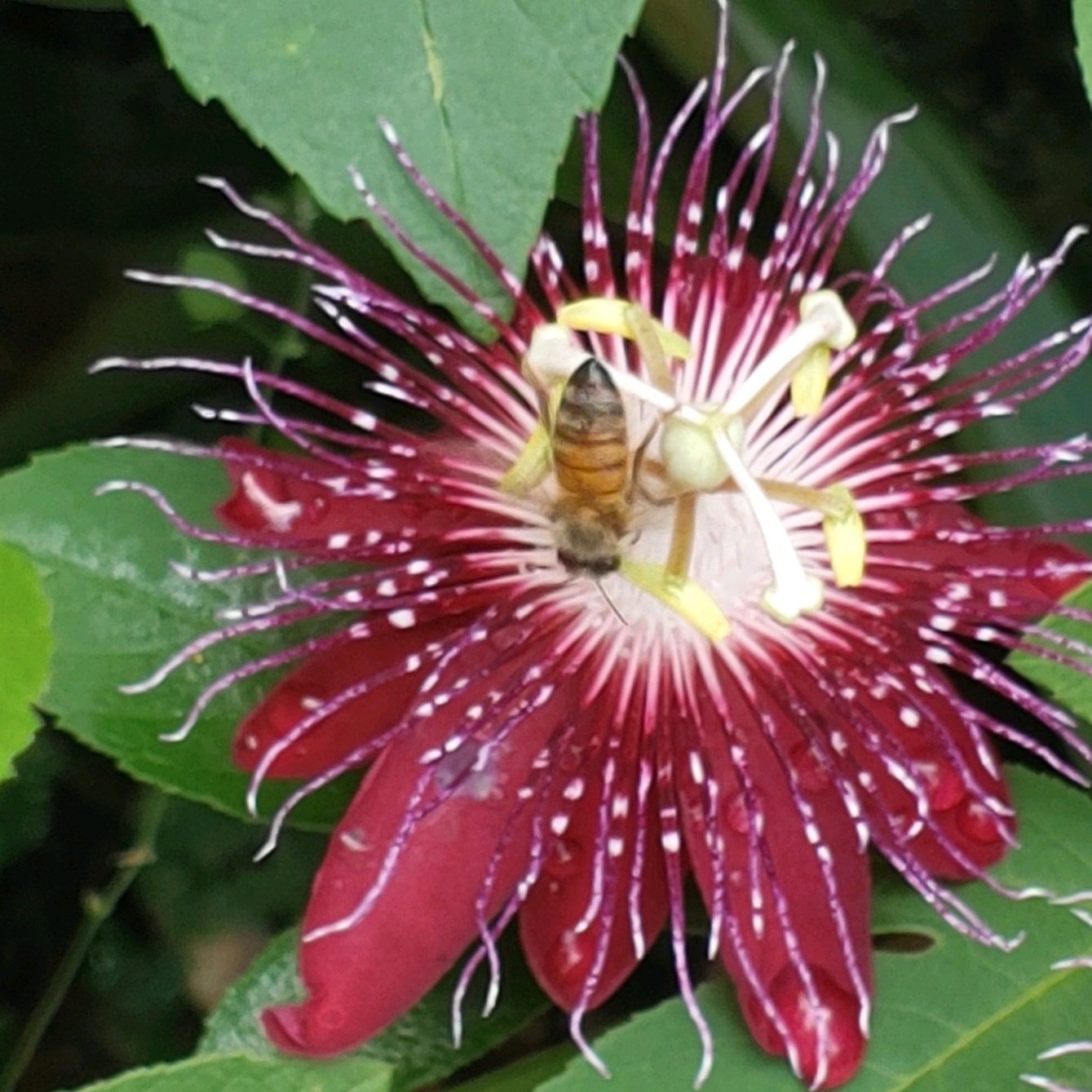Tropical colonies put their energy into reproduction, and require less stimulation to swarm than temperate bees.
The prime swarm leaves shortly after the first queen cell is sealed. The first virgin queen emerges about a week later, and leaves with an afterswarm.
The workers continue to permit virgin queens to emerge and leave, one at a time, with afterswarms, until the worker population is depleted.








